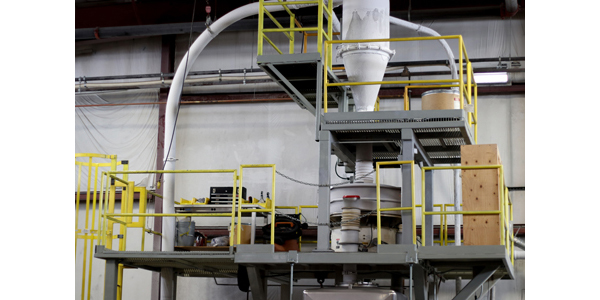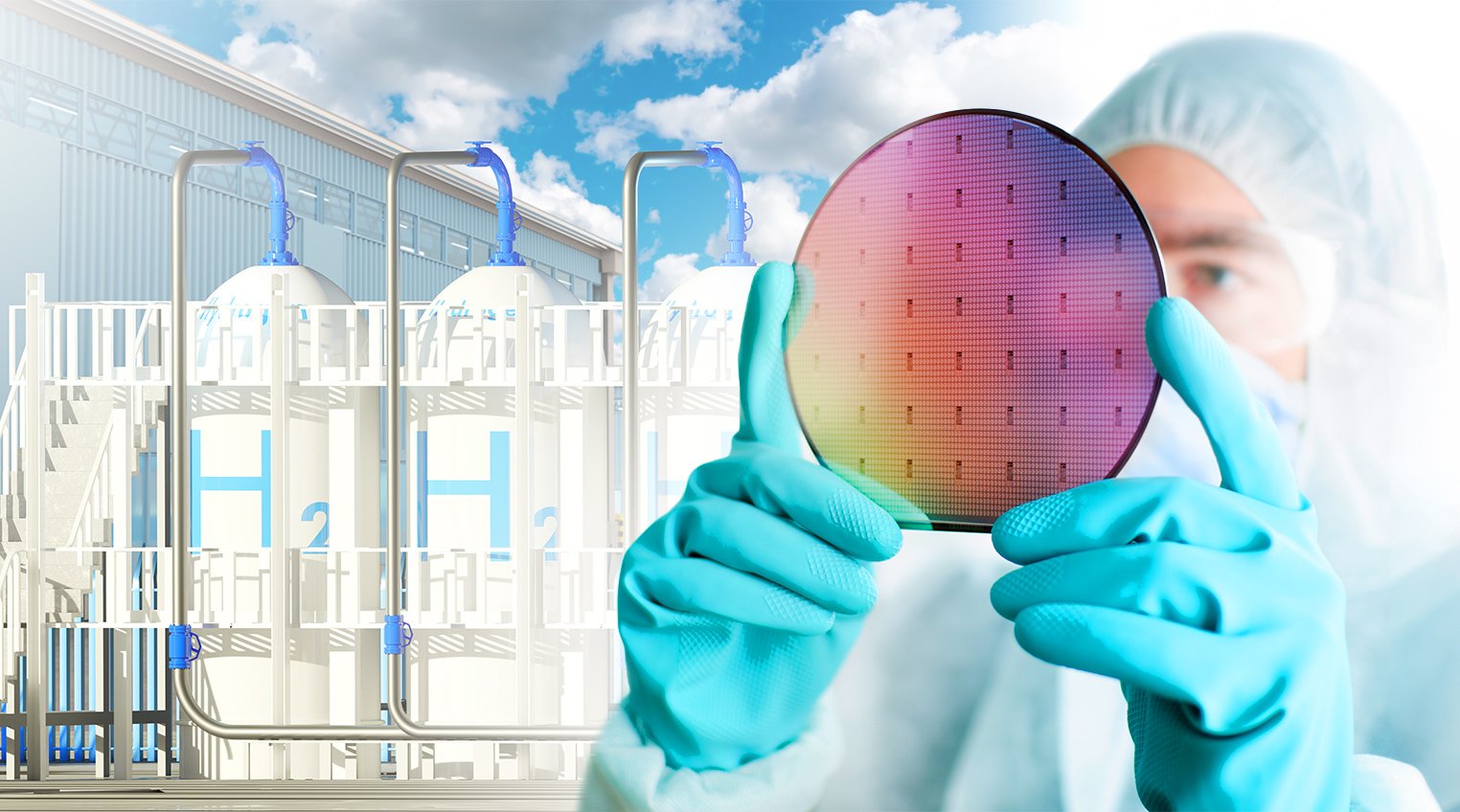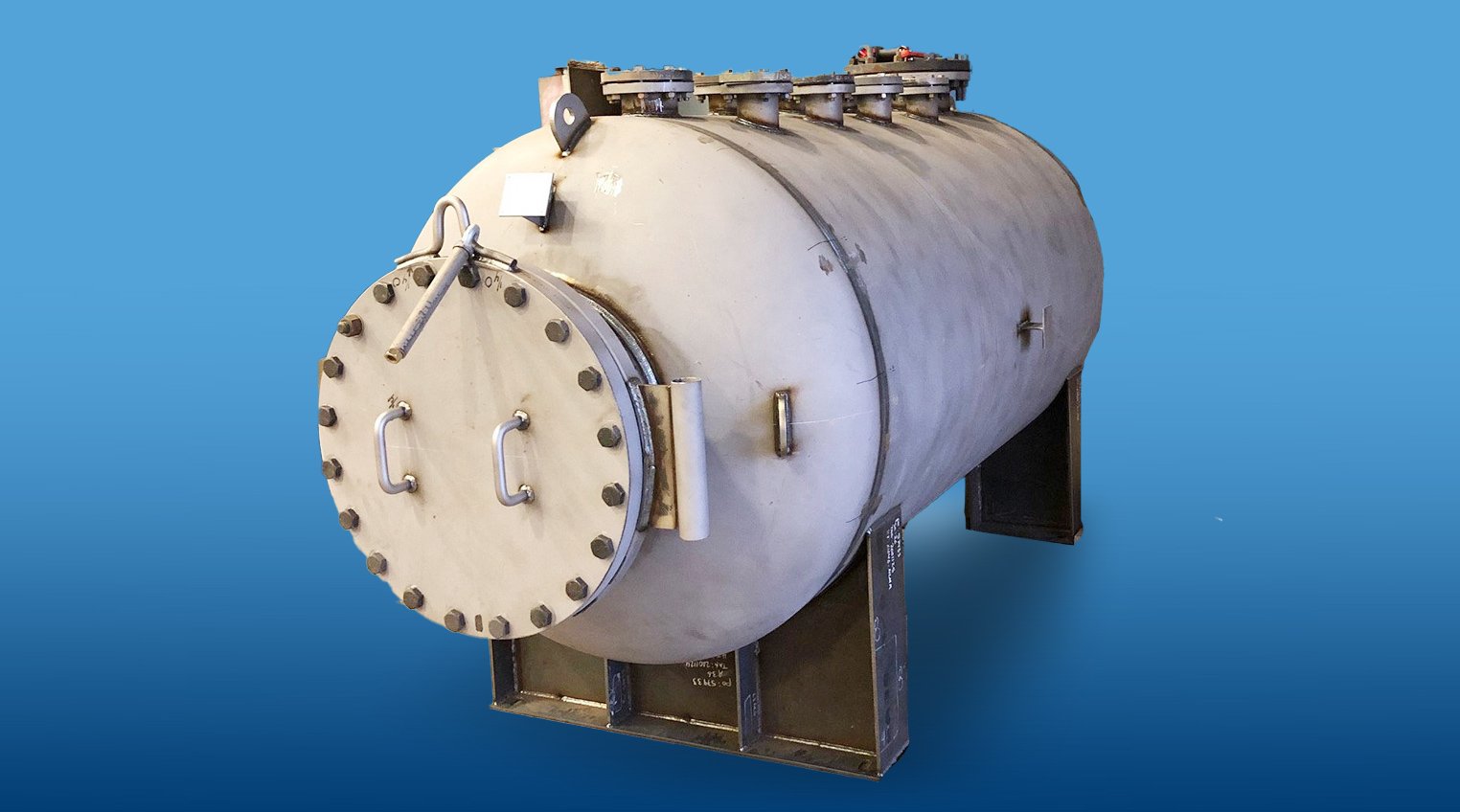Typical high quantity resin grinding companies do not have the production capacity to grind small batches of material. When companies do require a small batch of resin to be ground into a specific particle size, they contact a toll grinding (toll milling) company. The toll grinder charges a “toll” (fee) to grind these custom batches.
There are two types of toll grinding, each with their own benefits.
Dry Grinding – In this “dry” process, the pellet goes through a machine that grinds it into a specific powder size. It is important to monitor the temperature of the process, as the material can become molten if it becomes too warm from the friction of the grinding. There are lower capital and operating costs associated with dry grinding, however, the size of the particles of the final product is limited. Nylons, polyethylene, polypropylene are examples of material that can be processed using dry grinding.
Cryogrinding, a type of dry grinding, combats the temperature issue by freezing the pellets before grinding. This keeps the thermal temperature of the pellets much lower during the grinding process.
Wet Grinding – During the wet grinding process, the pellets are mixed in a liquid “slurry” and then milled. This slurry keeps the temperature low to prevent the product from melting together, as well as increasing dispersion of particles. There are higher capital and operating costs associated with wet grinding, but the process can produce finer particles and grind materials that are not achievable with dry grinding. Ores, coatings, and paint are examples of material that can be processed using wet grinding.
At RMB Products, we use the cryogrinding and dry grinding process to mill small batches of materials, anywhere from 50 pounds to over 1,000,000 pounds. The equipment can be to achieve a range of particle size distributions to meet the needs of the application. We also offer compounding and dry blending services. Compounding is the combination of materials to create one homogenous product, such as a nylon base with a UV stabilizer, flame retardant, or flow additive. Dry blending is the mixing of dry materials, such as color or antimicrobial additives. All of our processes are conducted to the highest aerospace and biopharmaceutical or other applicable industry standards per our ISO 9001:2015 and AS9100:2016 certifications.

We have years of experience grinding, compounding, and blending materials including but not limited to nylons, polyethylene, polypropylene, and flouropolymers, as well as our in-house resins. To learn more about how we can help you with your resin needs, please contact us.




